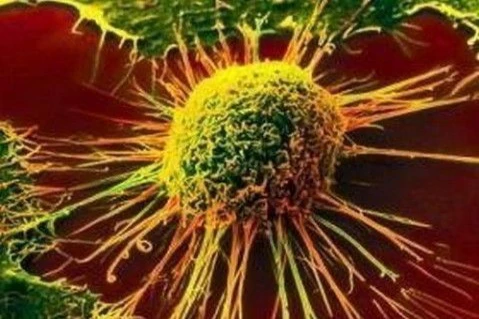Study Finds Importance of NOTCH1/CD44 Signaling in Pathological Development of T-ALL

Study Finds Importance of NOTCH1/CD44 Signaling in Pathological Development of T-ALL
 Copyright © iCell Bioscience Inc, Shanghai 2018-2019
Copyright © iCell Bioscience Inc, Shanghai 2018-2019
T-cell acute lymphoblastic leukemia (T-ALL) is a malignant hematological cancer with immature T lymphocytes infiltrated in the bone marrow. A common cause of T-cell acute lymphoblastic leukemia is the dysregulation of signal pathways that control the development of T cells in the thymus, such as the NOTCH1 signaling pathway.
NOTCH1 is an important signal pathway in T-cell acute leukocytic leukemia, but the key NOTCH1 downstream signals and target genes that promote the pathological process of T-ALL have not been analyzed in the patient, so it is impossible to understand the signaling pathway well. . Targeting lesions that lead to malignant transformation of cells and the activity of leukemia stem cells are promising therapeutic targets against T-ALL.
In order to fully understand the downstream signaling and target genes of the NOTCH1 signaling pathway in human T-ALL disease, scientists from Spain constructed an animal model to explore the above issues.

In this study, the investigators used a human T-ALL in vivo model that abnormally expresses an active NTOCH1 human hematopoietic stem cell in an immune-deficient mouse. This model can well simulate the T-ALL in the patient's body. type. The T-ALL model helped researchers discover that CD44 is a direct transcriptional regulatory target gene for NOTCH1, and that overexpression of CD44 is an early marker of cells that are prone to leukemic malignancy. These cells are localized in the bone marrow and eventually develop into T cells. -ALL and infiltrated lymphoid organs and brain.
CD44 can support the interaction of these cells in the bone marrow microenvironment, which is critical for the progression of leukemic stem cell activity and disease in the human T-ALL mouse model, and at the same time, it also proves the pathological development of the NOTCH1/CD44 signaling axis in T-ALL. The importance of the process.
In addition, the researchers also performed anti-CD44 antibody treatment and observed therapeutic effects in transplanted mouse models, which all indicate that the molecule may be a new therapeutic target to prevent the relapse of T-ALL.
 Loading ....
Loading ....
